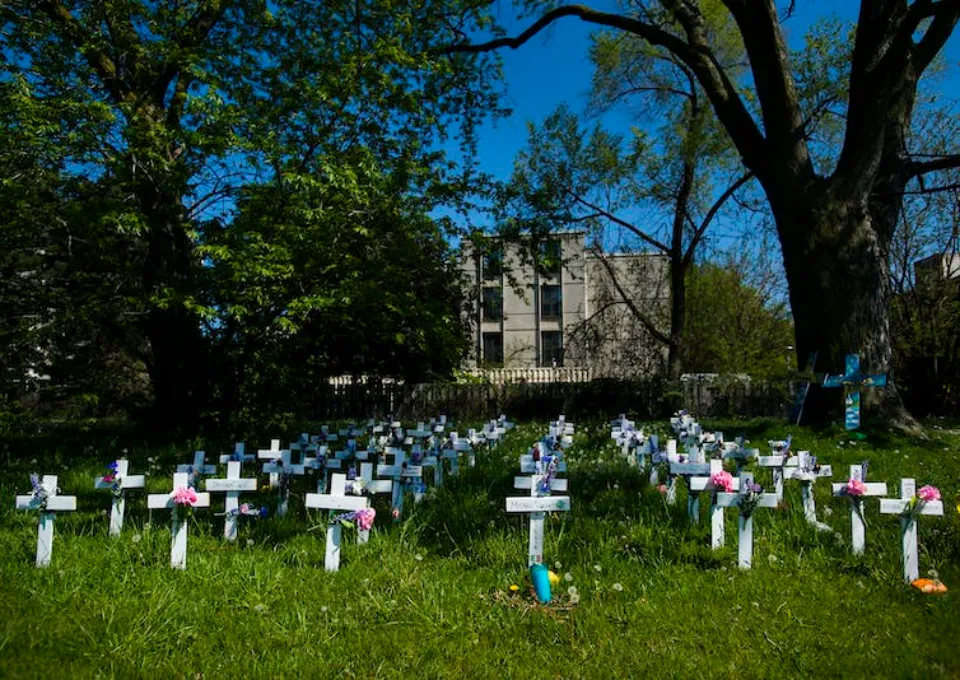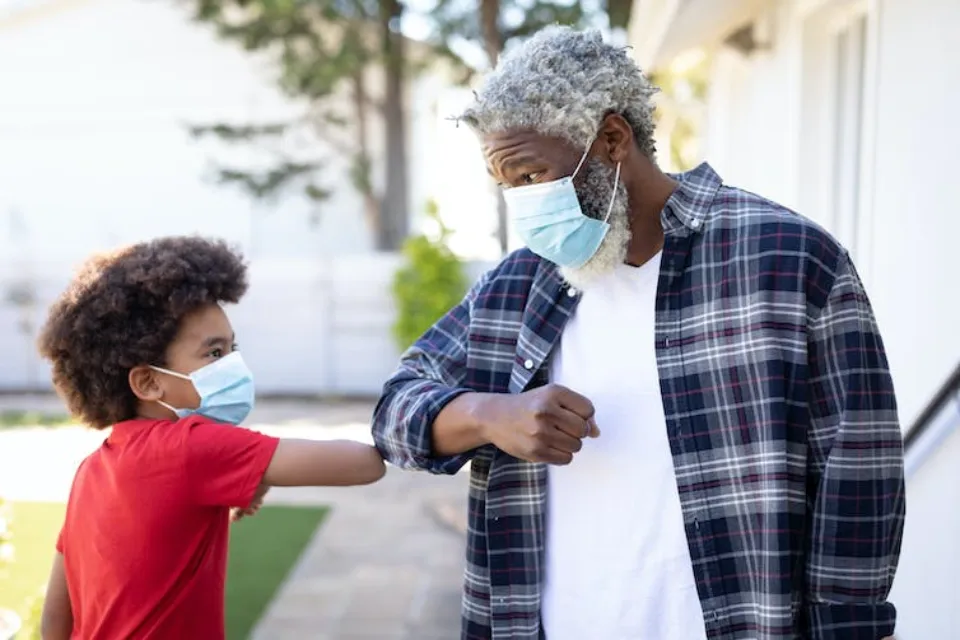Most Canadians have removed their masks and many have stopped receiving booster shots three years into this pandemic. However, COVID-19 is becoming more prevalent and has risen to No. 1 among the leading causes of death in Canada. 3 spot.
In the roughly 80 years since the invention of antibiotics, this is the first time an infectious disease has made it into the top five causes of death.
Most of those fatalities are attributed to older adults, and we are doing nothing to stop it.
COVID-19, Aging and Ageism
Although COVID is a disease that can be prevented by vaccination, we could be using vaccines more effectively. The majority of Canadians are unaware of the value of booster shots in preventing long-term health problems, such as long COVID, that may arise after infection. Even fewer people understand that getting vaccinated defends their entire community, including senior citizens.
Older people account for the majority of COVID deaths. That affects more people than just them. Everyone is dealing with a problem. When older people are in good health, they are a tremendous asset to their communities because they can provide care, serve as volunteers, and serve as a storehouse of wisdom and tradition. They, their caregivers, and our healthcare system are all under a great deal of stress when they are ill.
In Canada, COVID has overtaken childbirth as the second most frequent reason for hospitalization. It is the number one reason for hospitalization for people over 50.
More outbreaks in long-term care facilities occurred in 2022 than in 2020 and 2021 put together, and there were more fatalities and hospital admissions than in the first two years of the pandemic.
We are acting as though COVID has ended, but it hasn’t. Numerous COVID research projects are coming to an end. Can you imagine ending research into any other of the top five causes of death?
Ageism, in its most basic form, seems to be the reason why more isn’t being done to prevent COVID-19. The only logical explanation for accepting an unnaturally high rate of hospitalization and early deaths in seniors is that we value younger people’s lives more.
The Toll of COVID-19 in Older People
Sadly, dying isn’t even always the worst of it.
Just the portion that is simpler to count and generates the most news coverage. There is still a great deal of suffering because older people, who are more likely to have other health problems, get COVID and take a very long time to recover, if they ever do.
Respiratory disease is frequently the starting point for other health issues in older adults, setting off a chain reaction that results in early death. Numerous people retire early due to illness because they are chronically ill themselves or are caring for others who are.

Due to our lack of emphasis on infectious disease prevention, Canada had the highest percentage of COVID deaths in long-term care of any Organization for Economic Co-operation and Development nation. The need for long-term care for older adults is growing right now as a result of the Baby Boom generation’s demographic bulge, even though COVID outbreaks persist in these facilities.
It’s incredible to think that after the COVID horror show in so many long-term care facilities across Canada, we’ve fallen back into complacency and allowed Canadians’ parents, grandparents, neighbors, and friends to get sick because the rest of us are unwilling to take simple precautions.
It shouldn’t and doesn’t have to be this way.
Excess COVID-19 Deaths in Older Adults Are Not Inevitable
People under the age of 50 are typically much more likely to interact with others through work, social events, and school, increasing their risk of exposure to the virus. However, they are also the least likely to wear masks and keep up with booster shots, which would help them and others stay safe.
Because they have a much higher chance of fully recovering from COVID, it might be simpler for them to think and act as though the threat of the disease has subsided. However, they are also the ones most likely to transmit it to those who have far less immune defense and far fewer options.
COVID-19 in older adults shouldn’t be viewed as a given. Better testing could give decision-makers more knowledge with which to reduce the number of infections. If more Canadians maintained their vaccination schedules, there might be less COVID-19 in the neighborhood, and vulnerable populations would be better protected.
The value and dignity of older people are inherent, and they contribute to their communities. They are individuals who have already made contributions to society in the family, workplace, and social spheres and who still do. They should be given the best chance at a long and healthy life.



